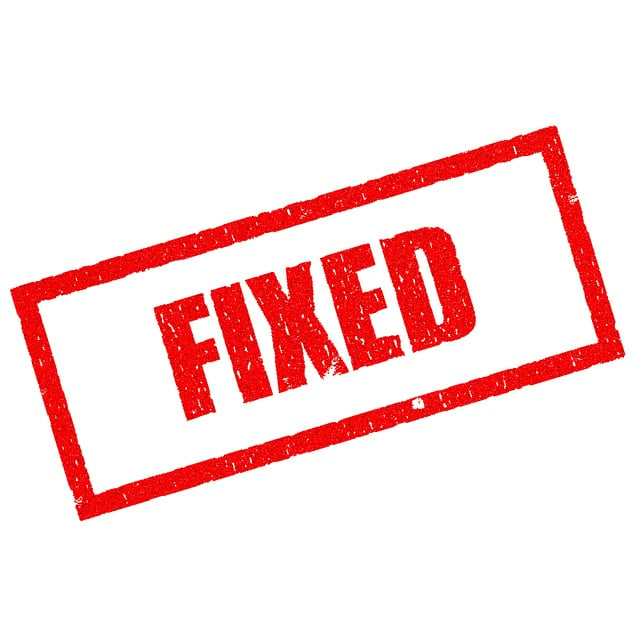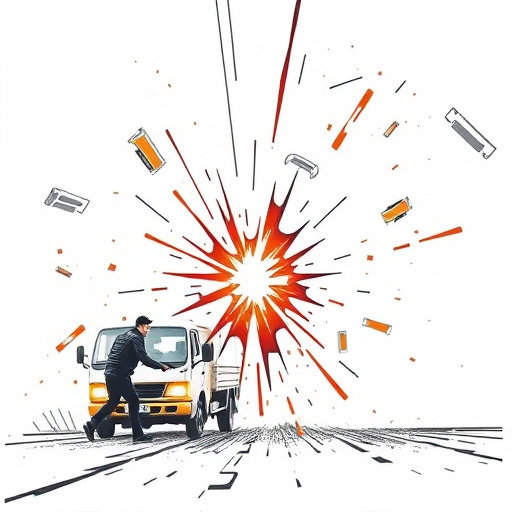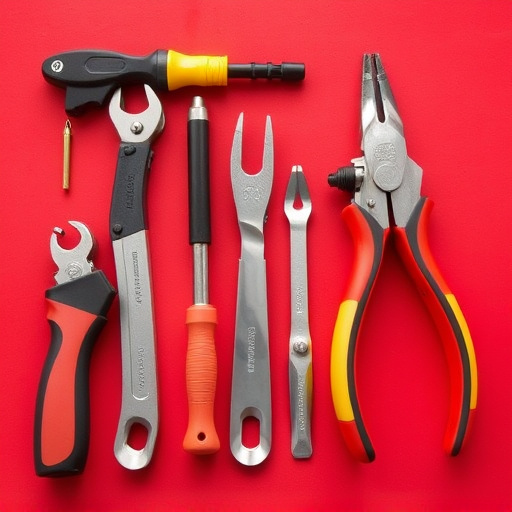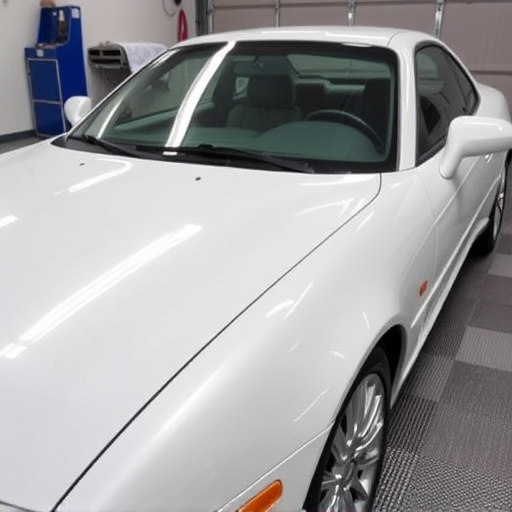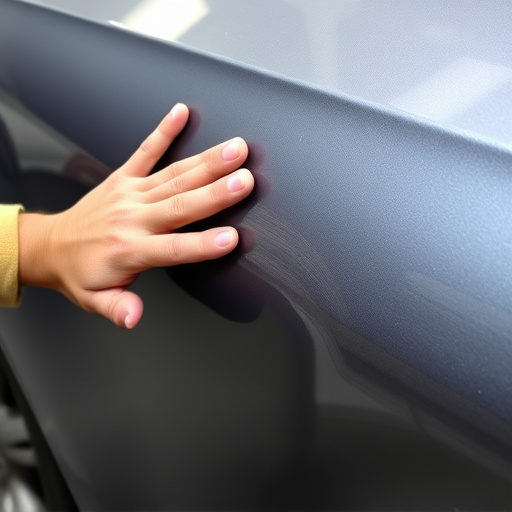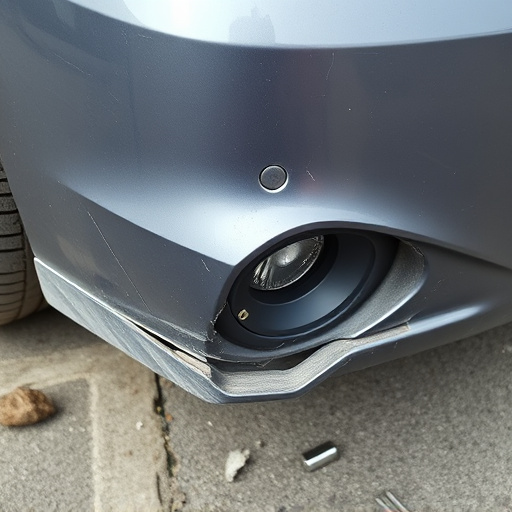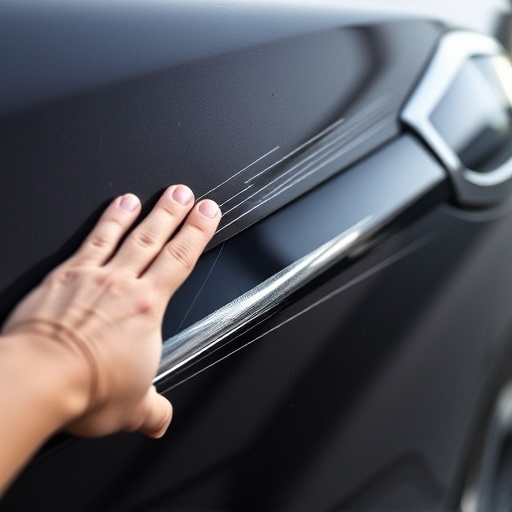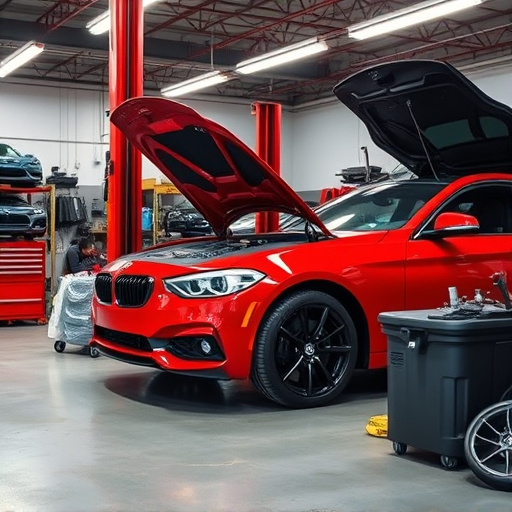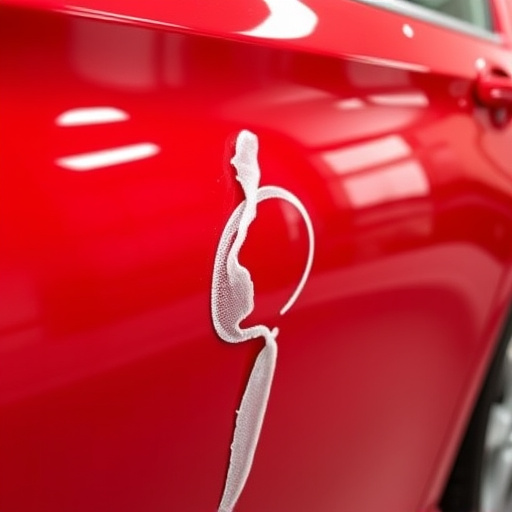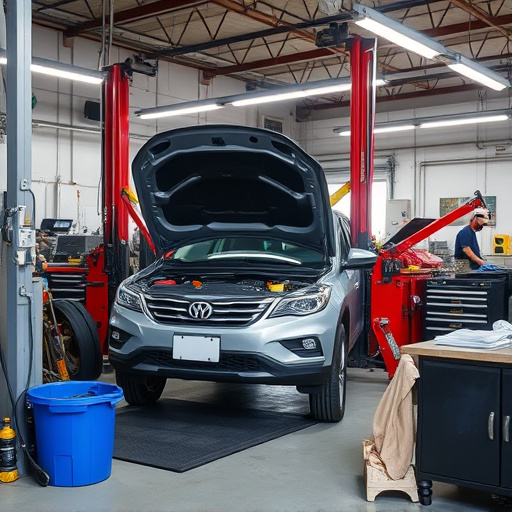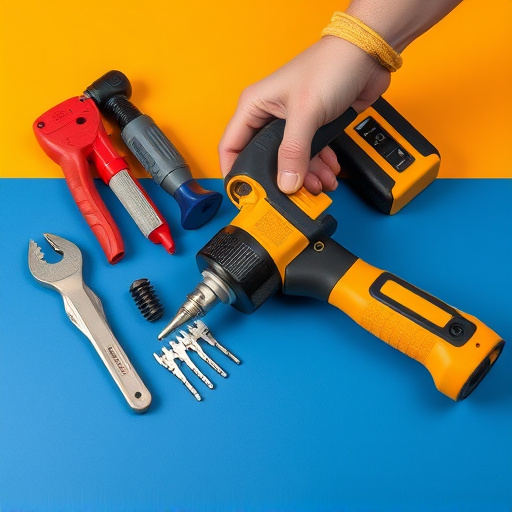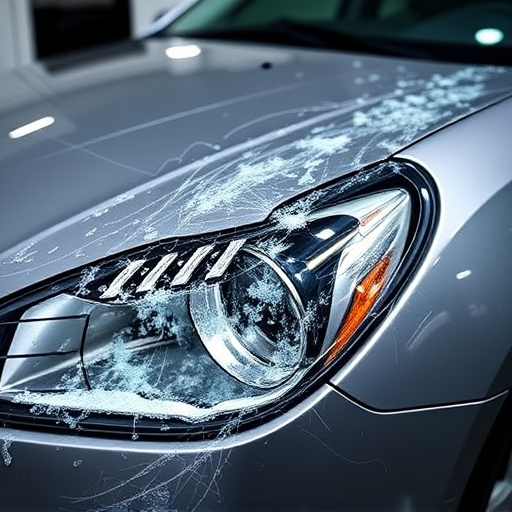Car collision repair involves a meticulous process starting with damage assessment, ranging from cosmetic to structural repairs. Turnaround times vary based on severity and shop capabilities, with simple fixes taking hours and complex tasks lasting weeks. Body panel and paint repairs typically take 1-7 days, while specialized engine work may take several weeks. Transparent upfront estimates are common, ensuring customers know their vehicle's restoration timeline.
Car collisions can leave vehicles in shambles, and one of the most pressing questions after such an incident is, “How long will it take to fix my car?” The duration of car collision repair varies greatly depending on the severity of the damage. This article breaks down the collision repair process, factors influencing repair time, and provides estimates for common car parts. Understanding these aspects equips you with valuable insights into what to expect during your vehicle’s restoration.
- Understanding the Collision Repair Process
- Factors Affecting Repair Time
- Estimating Repair Duration for Different Parts
Understanding the Collision Repair Process
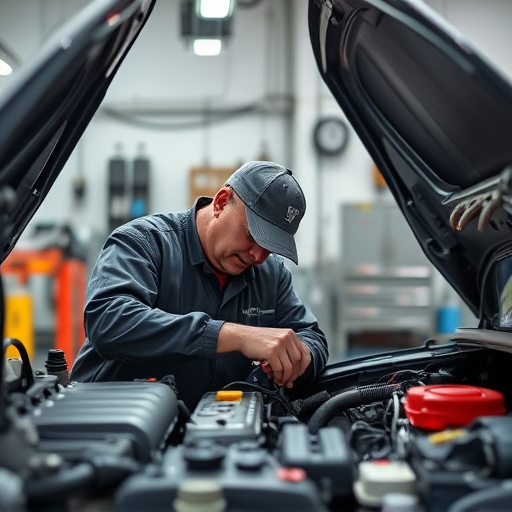
The car collision repair process involves several intricate steps, each crucial to ensuring your vehicle is safely and properly restored. It begins with a thorough inspection to assess the extent of damage, which can range from minor dents and scratches to more severe structural issues. This initial evaluation helps determine the scope of work required and provides an estimate for the time needed.
After the inspection, the repair shop will proceed with specific procedures tailored to the vehicle’s needs. This might include painting and body work for cosmetic repairs, or more complex operations such as replacing damaged panels, realigning frames, and repairing mechanical components in cases of severe collisions. Efficient car dent removal techniques, when applicable, can significantly speed up the process without compromising quality. Ultimately, a reliable car repair shop will communicate openly about these processes, keeping you informed throughout your vehicle’s journey towards full recovery.
Factors Affecting Repair Time
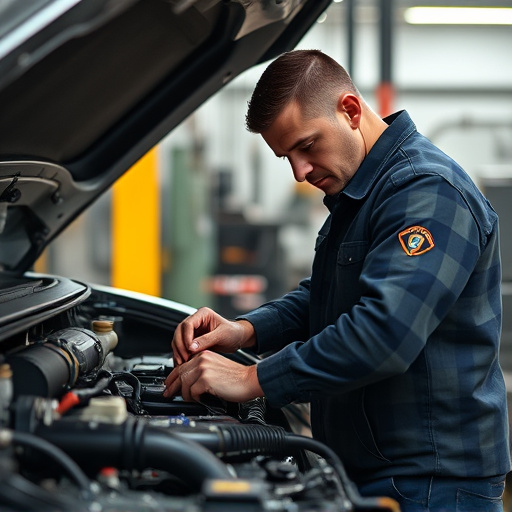
The duration of car collision repair can vary significantly based on several factors. One of the primary considerations is the severity of the damage. Simple fixes like dent repairs may take a few hours, while more complex tasks involving structural repairs or replacement parts could stretch the process to several days or even weeks. The availability and skill level of technicians at an auto body shop also play a crucial role in timeline determination.
Additionally, the need for specialized equipment or waiting for specific parts can impact repair time. If a car collision involves extensive damage to multiple components, coordinating with different specialists within the auto repair near me might be necessary, further complicating and lengthening the process. Ultimately, effective communication between the car owner and the chosen car body shop is key to understanding the expected turnaround time for collision repairs.
Estimating Repair Duration for Different Parts
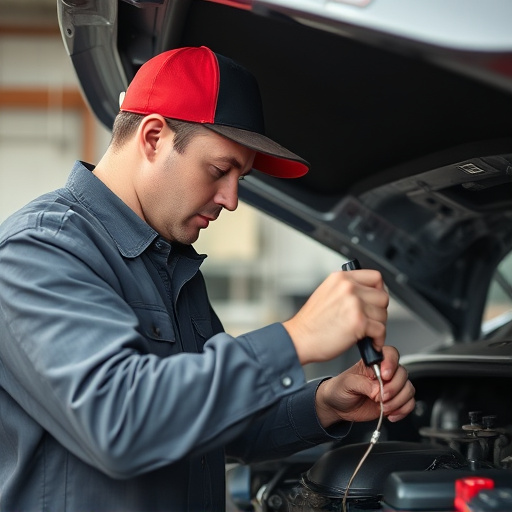
When estimating the duration for a car collision repair, it’s important to break down the process by individual parts. The time required for each component can vary widely based on several factors like damage severity and availability of replacement parts. For instance, repairs to body panels, such as dent removal or bumper replacements, typically take 1-3 days, depending on the complexity and whether custom parts are needed.
Suspension systems and frame straightening, which often involve more intricate calculations and alignments, usually demand a week or longer. Engine and transmission repairs, being highly specialized, can extend the timeline significantly—potentially taking several weeks. Conversely, less complex tasks like replacing headlamps or repairing interior panels may only take 2-3 days. Vehicle paint repair, a crucial step in restoring aesthetic appeal, generally adds another 5-7 days to the overall car collision repair time frame. Many reputable car repair shops communicate these estimated durations upfront, offering transparency throughout the process.
Car collision repair times can vary significantly based on the severity of the damage and the complexity of the restoration process. Understanding these factors, along with part-specific timelines, empowers vehicle owners to better navigate the aftermath of a collision. While simple repairs might be resolved within a week, more intricate work could extend the process by several weeks. Knowing these potential durations aids in setting expectations and ensuring a smoother transition during the car collision repair journey.
